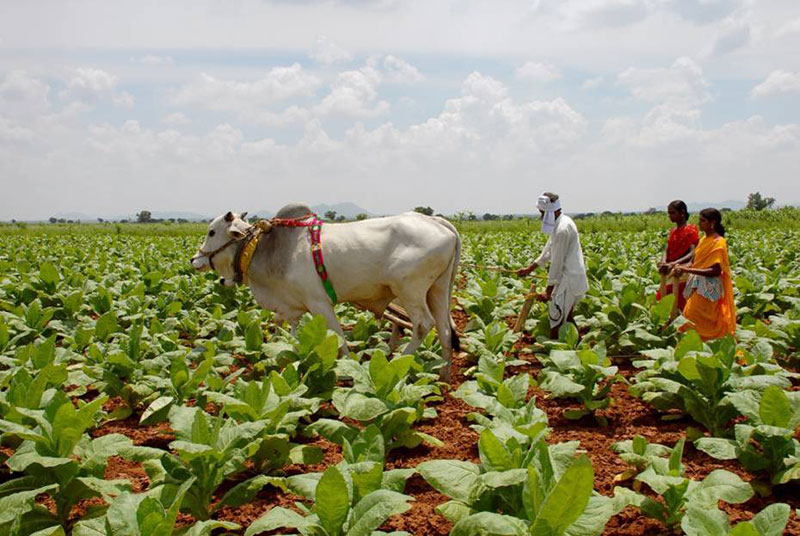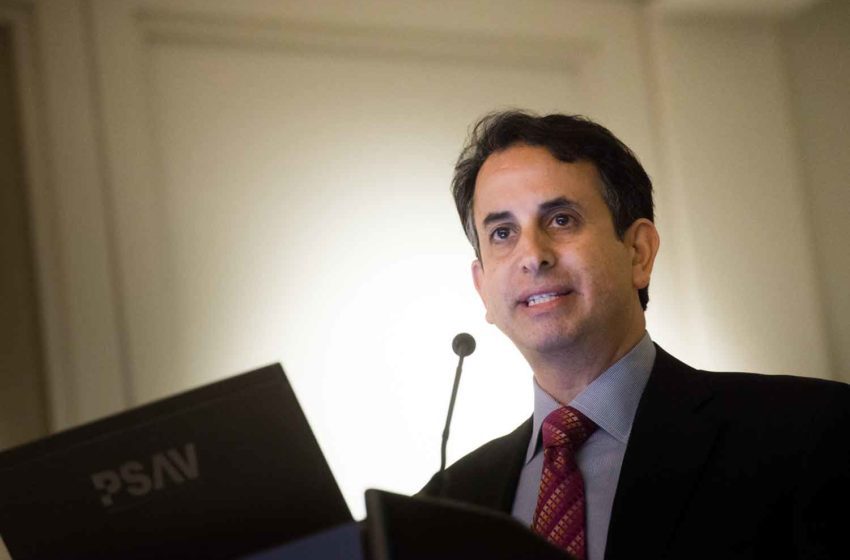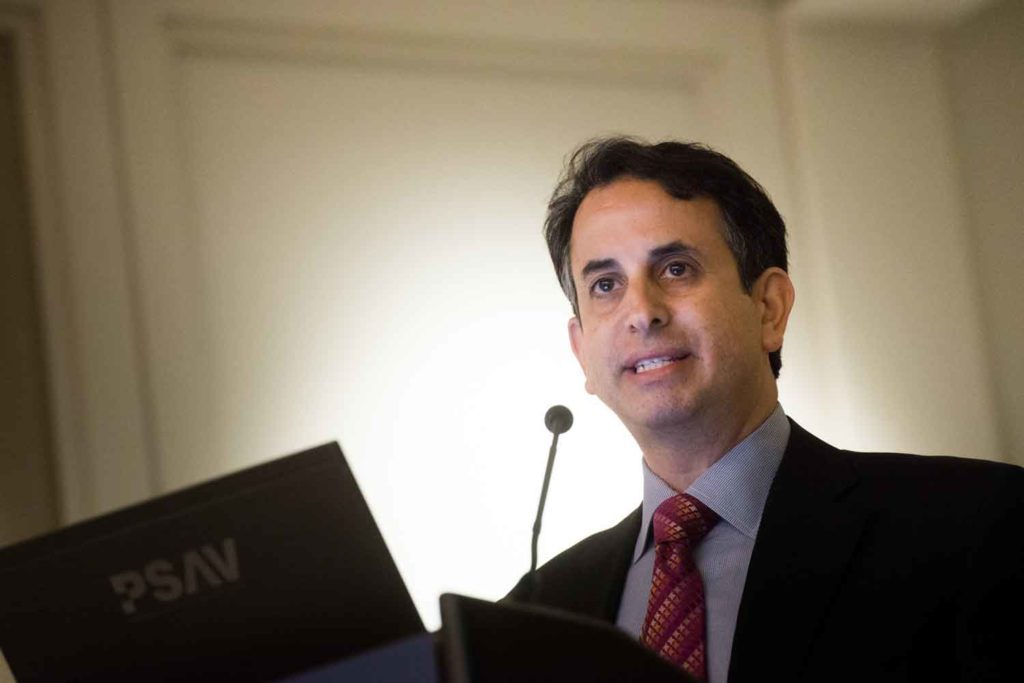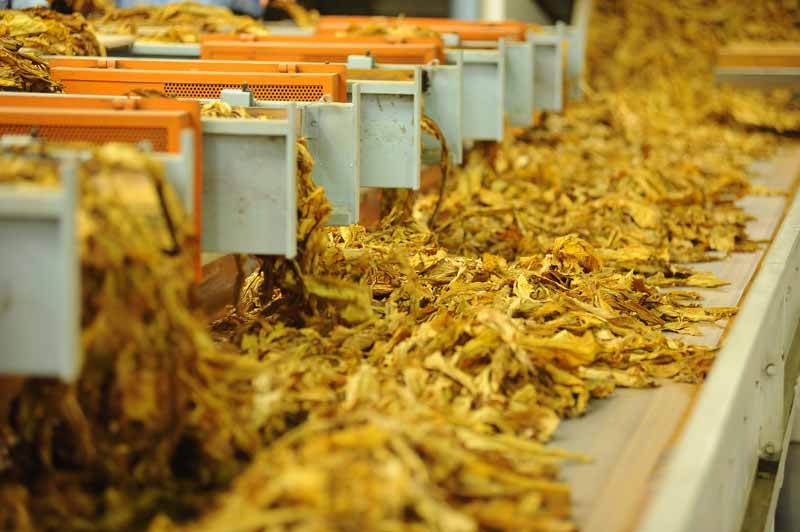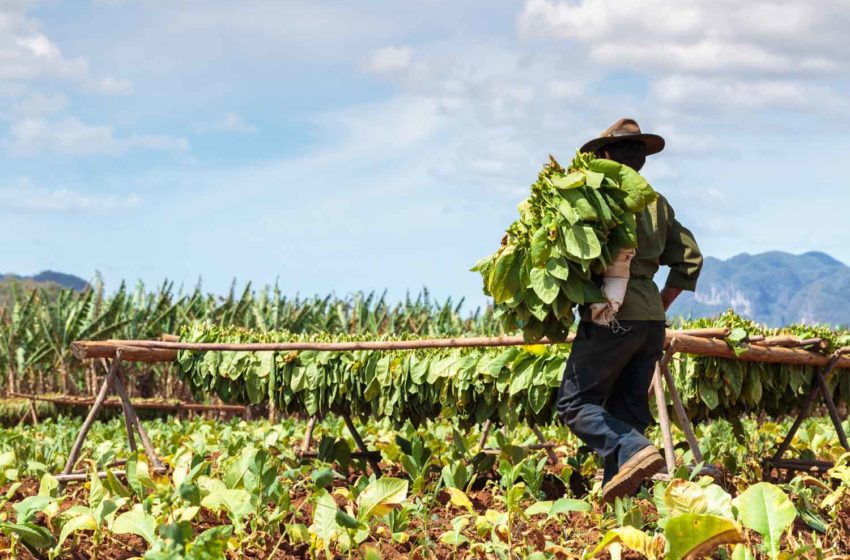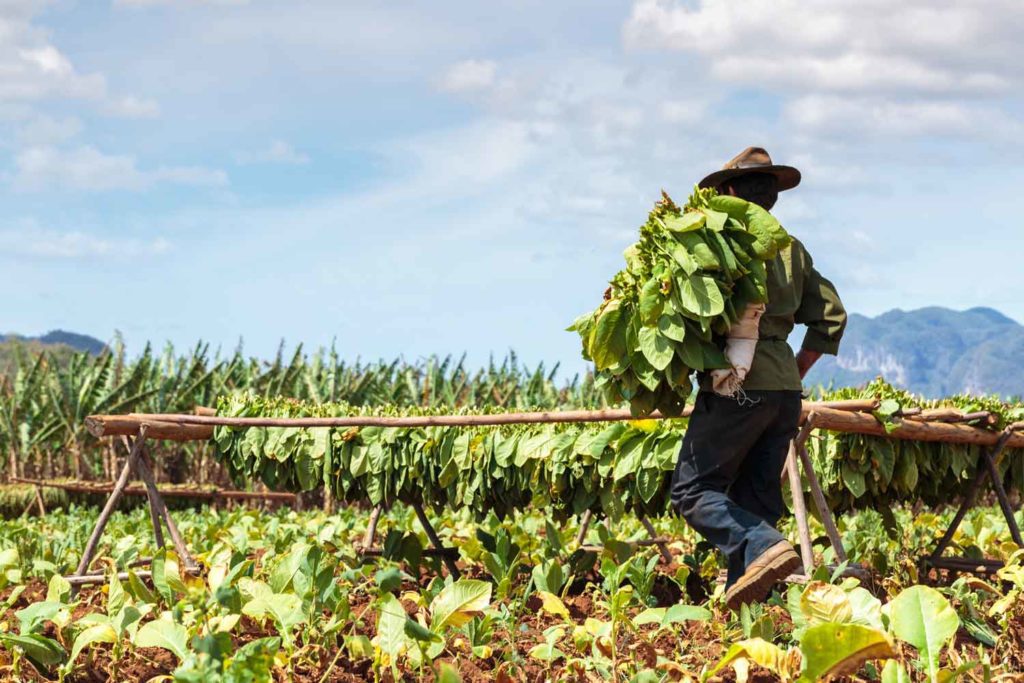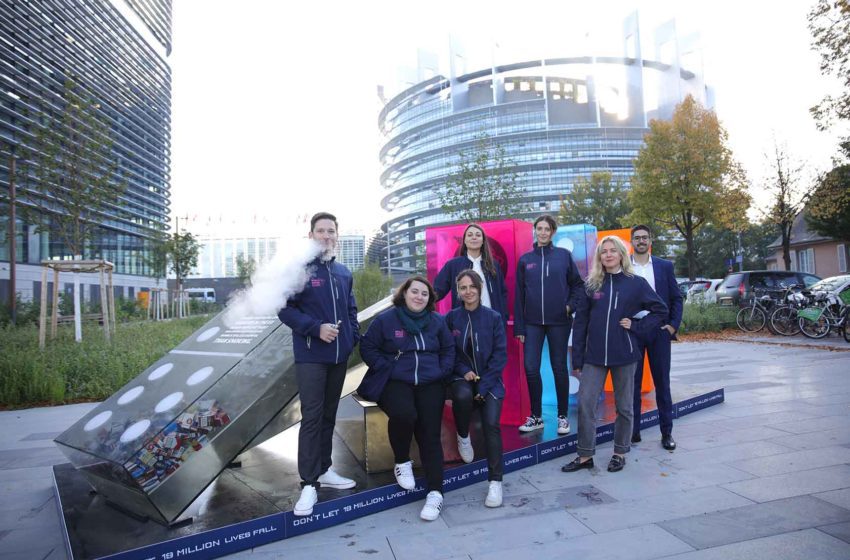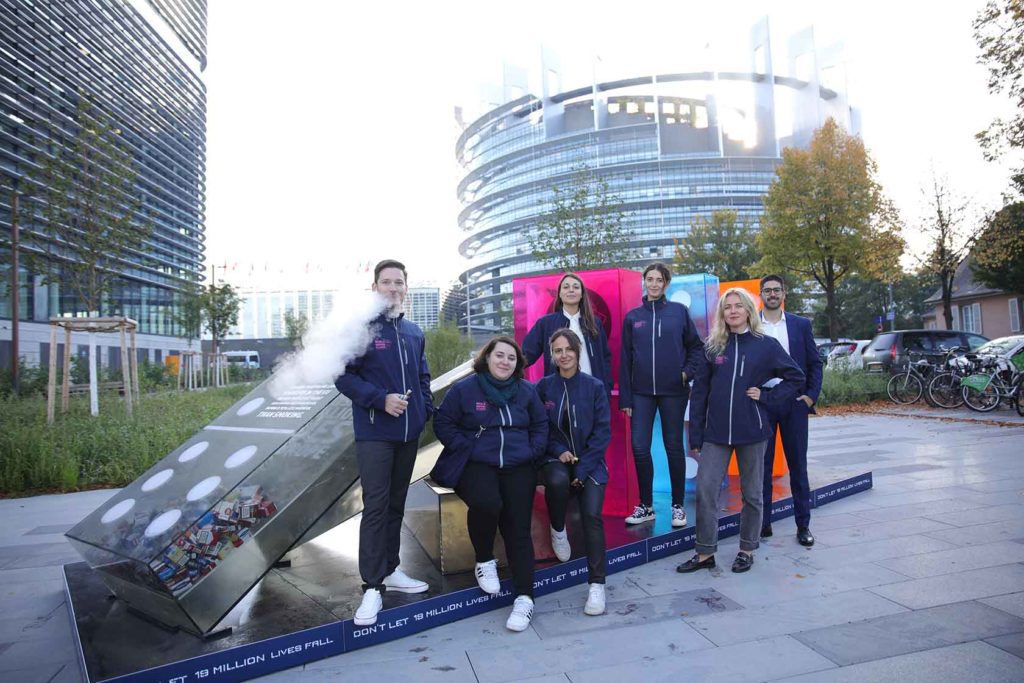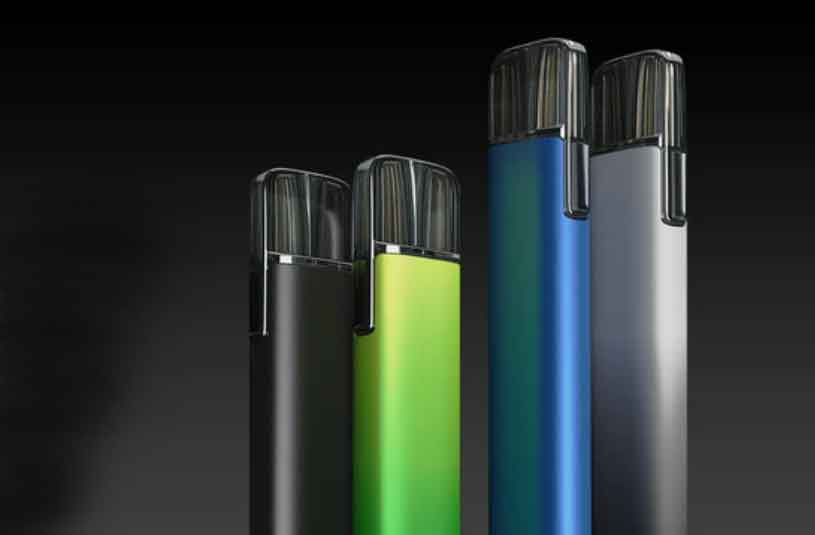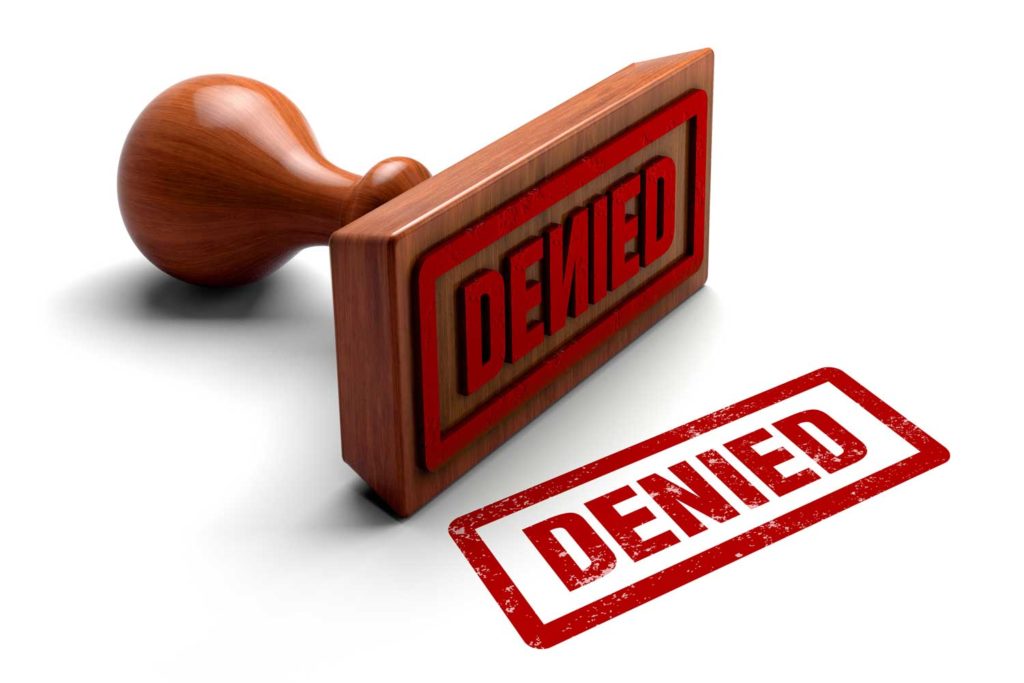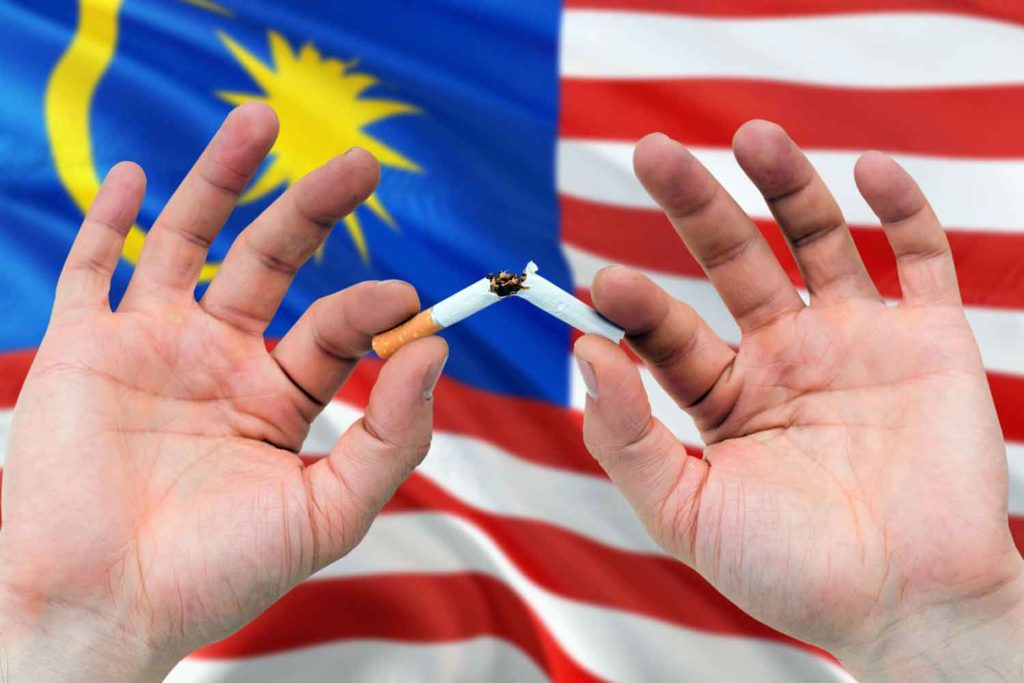Cut Rag Processors plans to build an $80 million cigarette factory in Harare, Zimbabwe, reports The Sunday Mail, citing sources familiar with the project.
The company, which is one of the country’s largest exporters of cut rag and manufactures the Remington Gold cigarette brand, has already started clearing 60,000 square meters of land in the Lochinvar industrial area.
The factory will have both a primary department for the production of cut rag and a secondary department for the manufacture of cigarettes, an unnamed source told The Sunday Mail.
While confirming the construction of the new facility, Cut Rag Processors Managing Director Nyasha Chinhara declined to provide details, citing “finalization of confidential internal processes.”
The project fits with Zimbabwe’s Tobacco Value Chain Transformation Plan, which aims to extract more value from the tobacco business.
The world’s sixth largest producer of leaf tobacco, Zimbabwe currently captures only a fraction of the trade’s value. The government aims to unlock $5 billion in export revenue by 2025.
Net foreign currency inflows from tobacco stood at $45.7 million in 2020. About 98 percent of tobacco produced in Zimbabwe is exported in green (semi-processed) form by big tobacco merchants.
Zimbabwe has three processing facilities owned by Zimbabwe Leaf Tobacco, Tobacco Processors Zimbabwe and Mashonaland Tobacco Co.
Cut Rag Processors was formed in February 2000 as the first independent cut rag production facility in Zimbabwe servicing both the domestic and export markets.
The establishment of the company paved the way for the merger of BAT and Rothmans in 2000. Previously, the Competition and Tariff Commission had rejected the merger out of concern that the merged entity would create a monopoly.
Between 2012 and 2014, Cut Rag Processors closed its cigarette line. A year later, the company decided to exit the entire tobacco business. It returned to production after its owner, Gold Leaf, sold the business to new shareholders in 2019.
Encouraged by the government’s plan to boost Zimbabwe’s tobacco earnings, the new investor injected capital into the manufacturing business.
